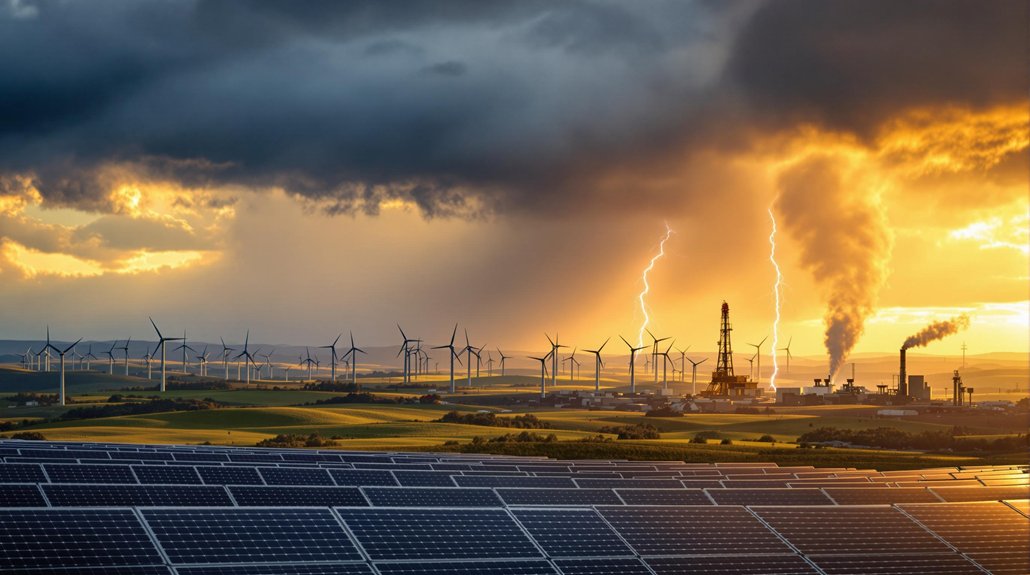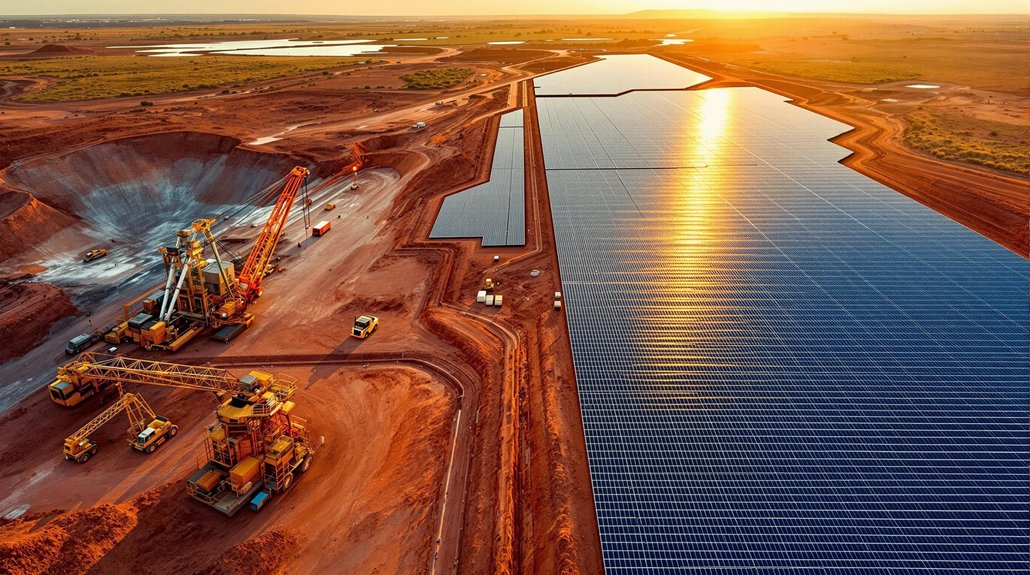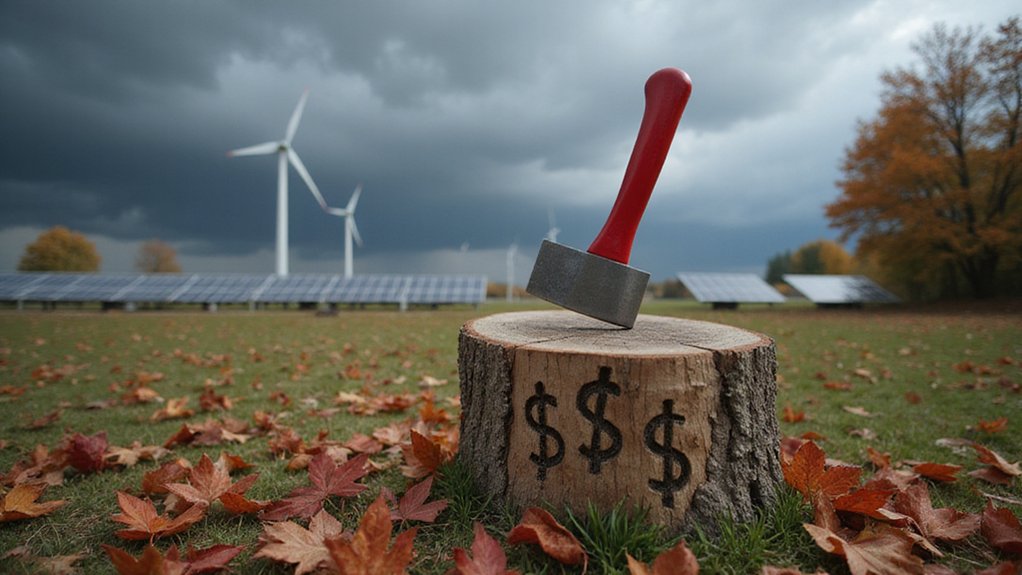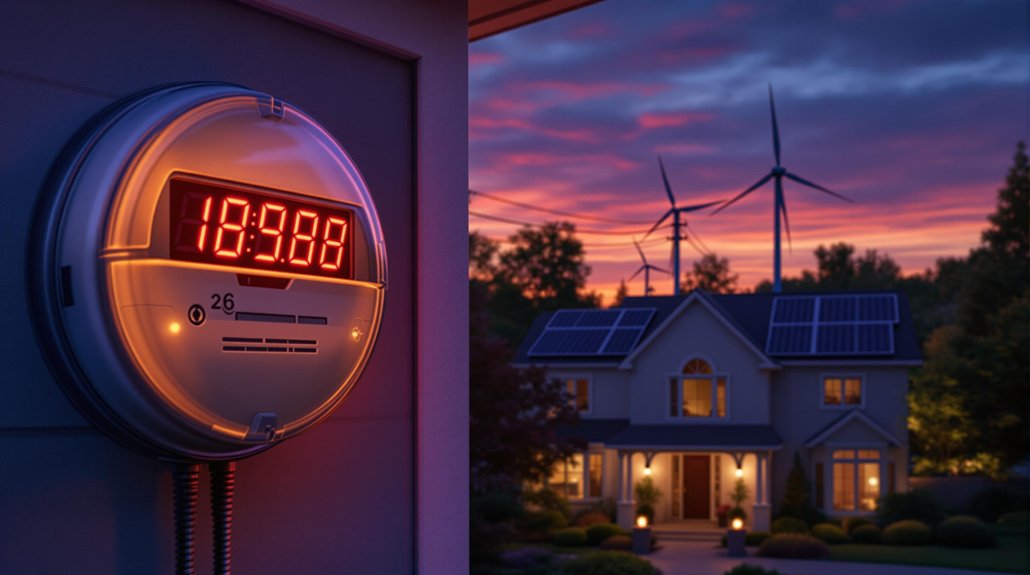Trump’s “Energy Emergency” declaration may be backfiring as efforts to dismantle clean energy initiatives face significant legal challenges. Several states and environmental groups have filed lawsuits against the administration’s fossil fuel push and restrictions on offshore wind projects. Despite federal policy shifts, market forces continue to favor renewable energy, with industry analysts noting clean technology’s economic advantages. The battle between Trump’s fossil fuel agenda and America’s clean energy future is just beginning to unfold.
President Trump’s return to energy policy has stumbled out of the gate as his ambitious “Energy Emergency” declaration faces immediate opposition. The January 20, 2025 declaration aimed to speed up fossil fuel projects and bypass environmental safeguards, but several states and environmental groups have already filed legal challenges.
Trump’s energy plan focuses on increasing oil and gas production while rolling back clean energy progress. He’s announced a withdrawal from the Paris climate agreement and ended restrictions on fossil fuel development in Alaska. The administration claims these changes will create jobs and guarantee reliable power for data centers and AI technologies.
The new policies take direct aim at renewable energy. Trump has banned new leasing for offshore wind projects and threatened existing leases. This moratorium could severely impact the development of almost 17 GW of capacity already secured through federal permits. His administration has also paused the distribution of renewable energy grant funds, marking a sharp turn from Biden-era clean energy investments.
Energy prices may rise under Trump’s “America First” approach. While the policy aims to make the US energy independent, experts warn that focusing on fossil fuels could increase costs for average Americans. The misleading narrative of fossil fuels as “liquid gold” obscures their severe environmental and health impacts. The plan also seeks to pressure other countries to accept US energy exports.
Regulatory changes include a review of all agency actions that might limit domestic energy production. The administration wants to eliminate what it calls an “electric vehicle mandate” and may revoke state emissions waivers for gasoline-powered vehicles.
These policy shifts haven’t gone unchallenged. Several states have vowed to maintain their clean energy goals regardless of federal changes. Industry analysts note that market forces continue to favor renewable energy despite policy headwinds.
The economic impact remains uncertain. While Trump promises jobs in the fossil fuel sector, critics worry about long-term consequences for climate goals and America’s position in the growing clean energy market. The administration appears to be ignoring the sector’s projected growth to $23 trillion for renewable technologies by 2030.
As legal battles over the “Energy Emergency” declaration begin, the administration’s energy agenda faces a rocky path forward.









